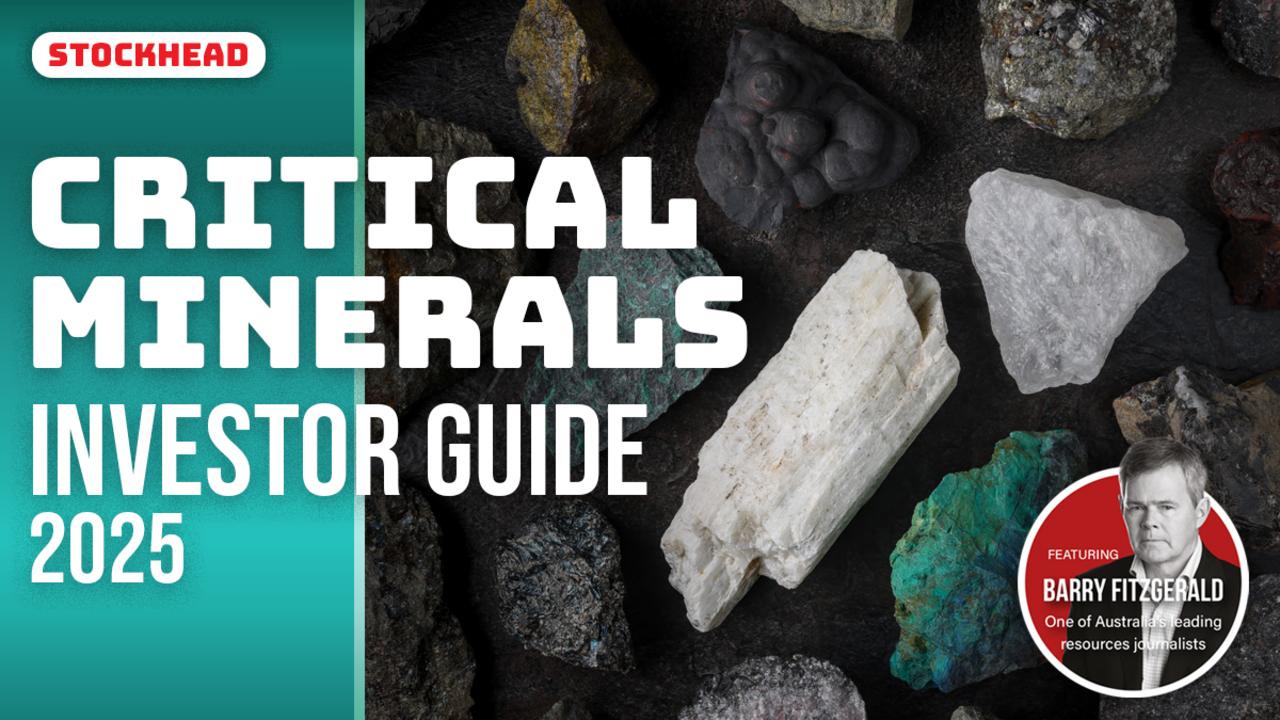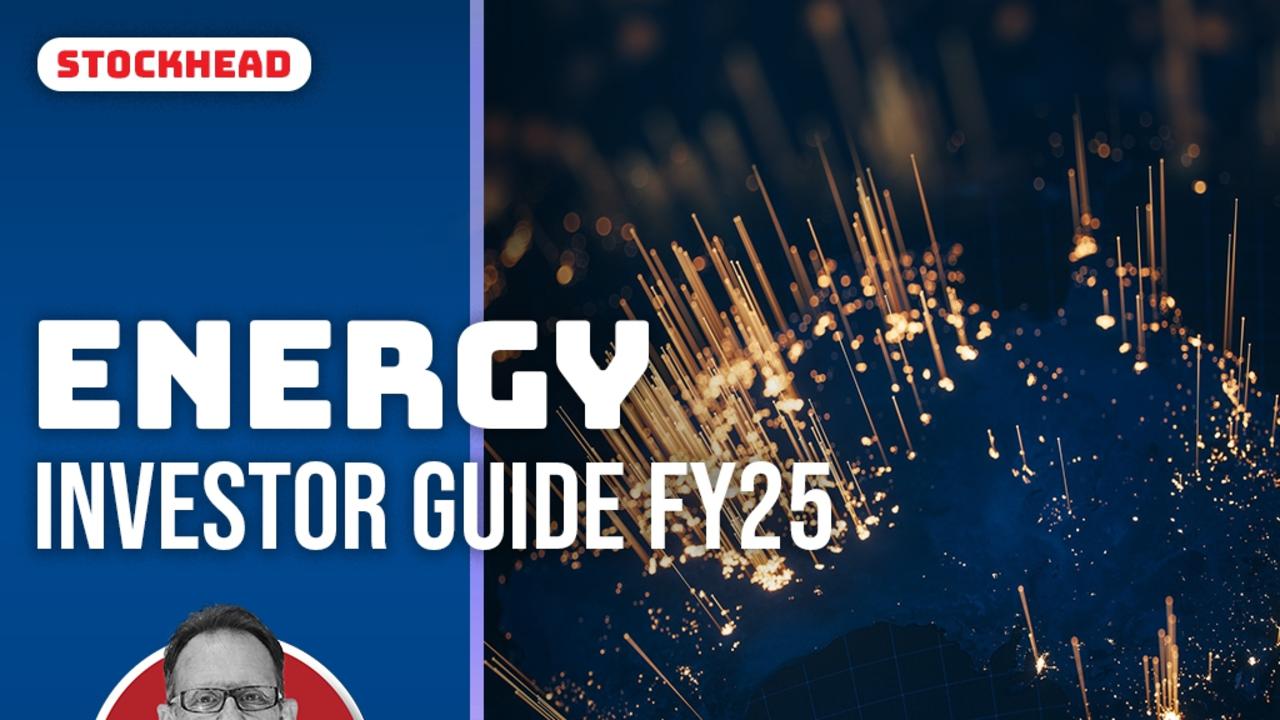The Ethical Investor: Seven greenwashing scandals and how investors can steer clear
Companies pay a huge price if they’re caught ‘greenwashing’, and ethical investors are left horrified. Here is an insight into scandals and how to avoid them.

ESG controversies can take a huge toll on companies – increased financing costs and reduced investment opportunities, potentially leading to a less efficient use of capital.
This effect is particularly pronounced in larger firms that receive extensive analyst coverage, according to a recent academic study published in the Journal of Cleaner Production.
Similarly, ESG (environmental, social and governance) scandals – often called greenwashing – can result in reputational harm and significant drops in stock values.
And they upset investors, who may well feel as if they’ve been tricked.
For the latest investment news, sign up here for free Stockhead daily newsletters
For an example of the pain ESG failures can inflict, Volkswagen lost about 15 billion euros in market value due to a scandal in 2015, when a report by the International Council on Clean Transportation revealed significant discrepancies in pollutant emissions from Volkswagen diesel cars during lab tests, compared to real-world conditions.
The fallout led to a net profit loss of 1.73 billion euros in Q3 of of FY15 due to the global recall of affected vehicles, severely impacting its overall market value.
Controversies like Volkswagen’s erode public trust and tarnish reputations, making it more challenging for the company to secure financial capital from external investors.
Additionally, a negative reputation can result in increased financing costs, such as higher loan interest rates.
Banks might charge higher interest rates to companies facing ESG issues to cover potential risks, which leads to higher costs for running the business.
Notable ESG scandals
Over the years, there have been notable ESG scandals involving major brands, where misleading environmental claims and health risks associated with their products came to light.
September 2014 – Huggies
Huggies advertised its nappies as natural, organic and environmentally friendly, a claim backed only by the addition of a small piece of organic cotton on the outside of the ordinary nappy. Huggies responded to greenwashing concerns by discontinuing the diaper in 2015.
May 2021 – Aldi
Aldi’s Atlantic salmon products were found to not be as sustainable as advertised. The salmon was discovered to have been industrially farmed through unsustainable and environmentally damaging practices, including the use of toxic chemicals.
June 2021 – Johnson & Johnson
Johnson & Johnson failed to disclose that Neutrogena and Aveeno sunscreens contain carcinogen benzene, a cancer-causing chemical. The company announced a voluntary recall of selected Neutrogena and Aveeno aerosol spray sunscreens on July 14 of that year.
MORE FROM STOCKHEAD: Does powerhouse use too much power? | Uranium shines amid global shift | Future still electric, despite EV slowdown
March 2024 – BlackRock’s woes
Just this year, BlackRock, the biggest asset manager in the world, also faced legal trouble over claims of misleading statements about climate change.
Mississippi state officials accused BlackRock of making fraudulent climate statements, issuing a warning to stop such practices.
They argue that BlackRock has misled investors about its efforts to address climate change, particularly in its investment products like exchange-traded funds (ETFs).
The warning from Mississippi follows similar threats from other US states including Florida, Louisiana, and Missouri, who have considered pulling their investments from BlackRock.
Tennessee has even filed a lawsuit against the company, alleging unlawful misrepresentations related to ESG factors.
A report by the Common Wealth think tank has also criticised BlackRock, along with other asset management firms, for investing ESG-labelled funds in fossil fuel companies.
The think tank argued that despite claims of offering socially responsible investment options, these funds still have significant exposure to environmentally harmful industries.
ESG scandals in Australia
In Australia, recent ESG scandals involving big companies have also drawn attention.
These cases have raised serious concerns and prompted regulatory investigations.
March 2024 – Vanguard
In late March, the Australian arm of global fund manager Vanguard was found guilty in court of misleading investors about its $1 billion ethical fund, in a case brought by corporate watchdog, ASIC.
ASIC (Australian Securities and Investments Commission) alleged that Vanguard had not screened all securities in its Ethically Conscious Global Aggregate Bond Index Fund (ASX:VEFI) against ESG criteria, as it had claimed in marketing materials.
Federal Court Justice Michael Hugh O’Bryan agreed with ASIC, saying in his judgement that:
“Vanguard, in trade or commerce, engaged in conduct in relation to financial services that was liable to mislead the public as to the nature, characteristics and the suitability for the purpose of those financial services, and thereby contravened the Australian Securities and Commission Act.”
Now read:Vanguard’s guilty verdict exposes greenwashing risk for investors
January 2024 – Worley
ASX-listed engineering contractor Worley (ASX:WOR) was forced to address accusations of corruption in Ecuador.
The company denied any wrongdoing following claims that its employees had bribed Ecuadorean government officials.
The trouble all started when Worley, a company with a subsidiary in the US, filed a case against Ecuador in 2019.
Worley wanted Ecuador to pay it around $700 million, claiming that Petroecuador had not fulfilled its payment obligations for contracted work done by Worley.
Visit Stockhead, where ASX small caps are big deals
But the tribunal’s ruling had instead revealed troubling findings.
It found that Worley had allegedly engaged in bribery by offering gifts to officials prior to contract awards.
Additionally, the company was accused of benefiting from illicit insider information and violating local laws regarding subcontracting limitations.
These revelations raised serious concerns about Worley’s business practices and adherence to ethical standards.
While the tribunal cited a disputed amount of about $700 million, Worley disclosed it as $60 million to the market.
May 2020 – Rio Tinto
Rio Tinto’s (ASX:RIO) expansion of its iron ore mine in Western Pilbara led to the destruction of the Juukan Gorge 1 and 2 – ancient Aboriginal rock shelters dating back 46,000 years.
These sites held profound historical and cultural importance, as the only inland site in Australia showing continuous human occupation through the last Ice age.
The mining blast deeply distressed the Puutu Kunti Kurrama traditional land owners, who said that it had caused an irreparable loss for future generations.
Aboriginal cultural heritage is integral to community life and identity, not just locally but globally, and is a crucial part of Australia’s heritage.
Types of greenwashing
Greenwashing involves companies misleading the public about their environmental practices and commitments.
It creates a false impression that a company is environmentally responsible when, in reality, its actions may not align with its claims.
This deception not only undermines trust and transparency, but also misleads consumers and investors who prioritise supporting genuinely sustainable and ethical businesses.
There are several types of deceptive greenwashing that companies can engage in:
Blatant lies
This involves companies intentionally deceiving the public through false claims or fake certifications.
As regulations become more stringent, there will be heightened focus on these misleading practices.
Companies will increasingly feel the need to uphold genuine environmental standards, rather than resorting to misleading tactics to achieve short-term gains.
Misdirection and other half-truths
This involves companies bending the truth to appear more environmentally conscious.
It could mean exaggerating the benefits of a green initiative or using eco-friendly packaging as a facade.
Essentially, it’s about creating a misleading image of environmental responsibility.
Unintentionally misrepresenting information
Even with good intentions, companies may unknowingly engage in greenwashing by failing to thoroughly validate their environmental claims.
This can happen when they overlook the practices of their suppliers or lack a comprehensive understanding of sustainability.
However, ignorance doesn’t always absolve companies of the repercussions.
What ethical investors should do
As an ethical investor, researching companies’ ESG practices is essential.
While steering clear of obviously problematic industries, such as tobacco, is straightforward, evaluating less tangible factors such as labour practices demands thorough investigation.
Fundamentally though, ethical investing demands the same scrutiny of risk and return as traditional investments.
To kickstart your ethical investment journey, begin by defining your goals and time frame.
Pinpoint areas you wish to support or avoid, aligning them with your risk tolerance and return expectations.
Dive into company reports to assess their sustainability efforts and check if their actions match their claims.
Look out for certifications and awards for sustainability, and examine their marketing materials for any signs of greenwashing or deceptive practices.
The final step is that you want to evaluate how the company is run.
Look at things like who’s on the board, how transparent the firm is about its finances, and whether it follows ethical business practices.
“It can be a real challenge to spot whether a product you’ve invested in is truly green versus one that’s just claiming to be green,” said Pendal senior risk and compliance manager Diana Zhou.
“Investors should read the offer documents (PDS and Additional Information Booklet) in detail rather than relying only on marketing. These documents should provide details on a manager’s ESG practices.
“A PDS (product disclosure statement) needs to be submitted to ASIC and needs to comply with certain rules in the Corporations Act — so there is regulatory oversight.
“Go beyond disclosure and get into a discussion to find out if they are really doing what they say they are doing,” Zhou added.
This content first appeared on stockhead.com.au
SUBSCRIBE
Get the latest Stockhead news delivered free to your inbox. Click here


